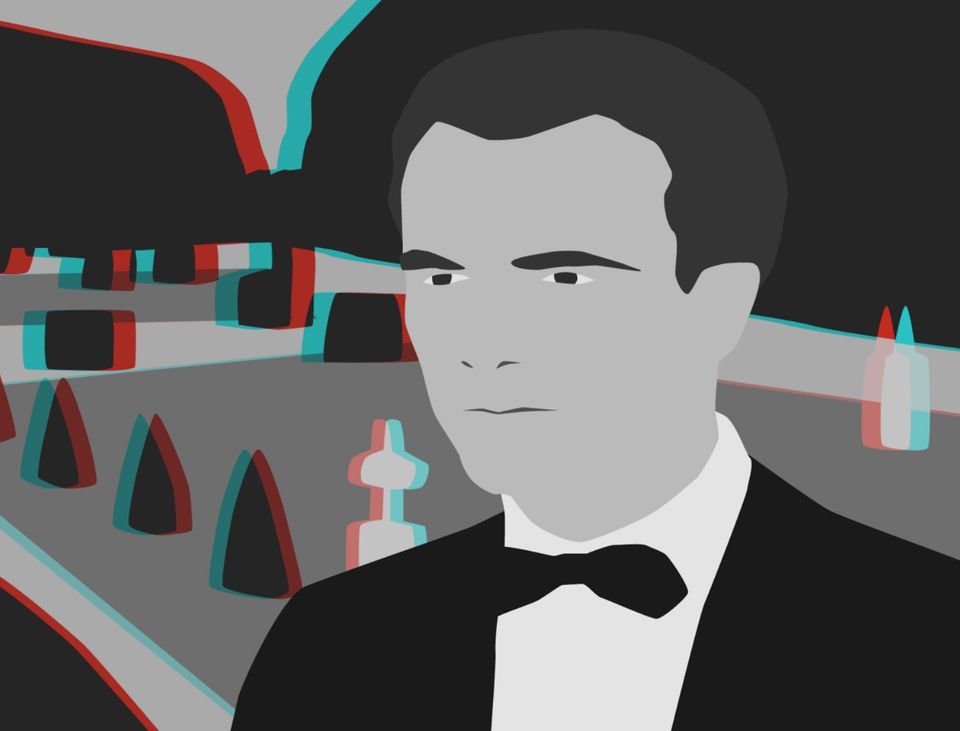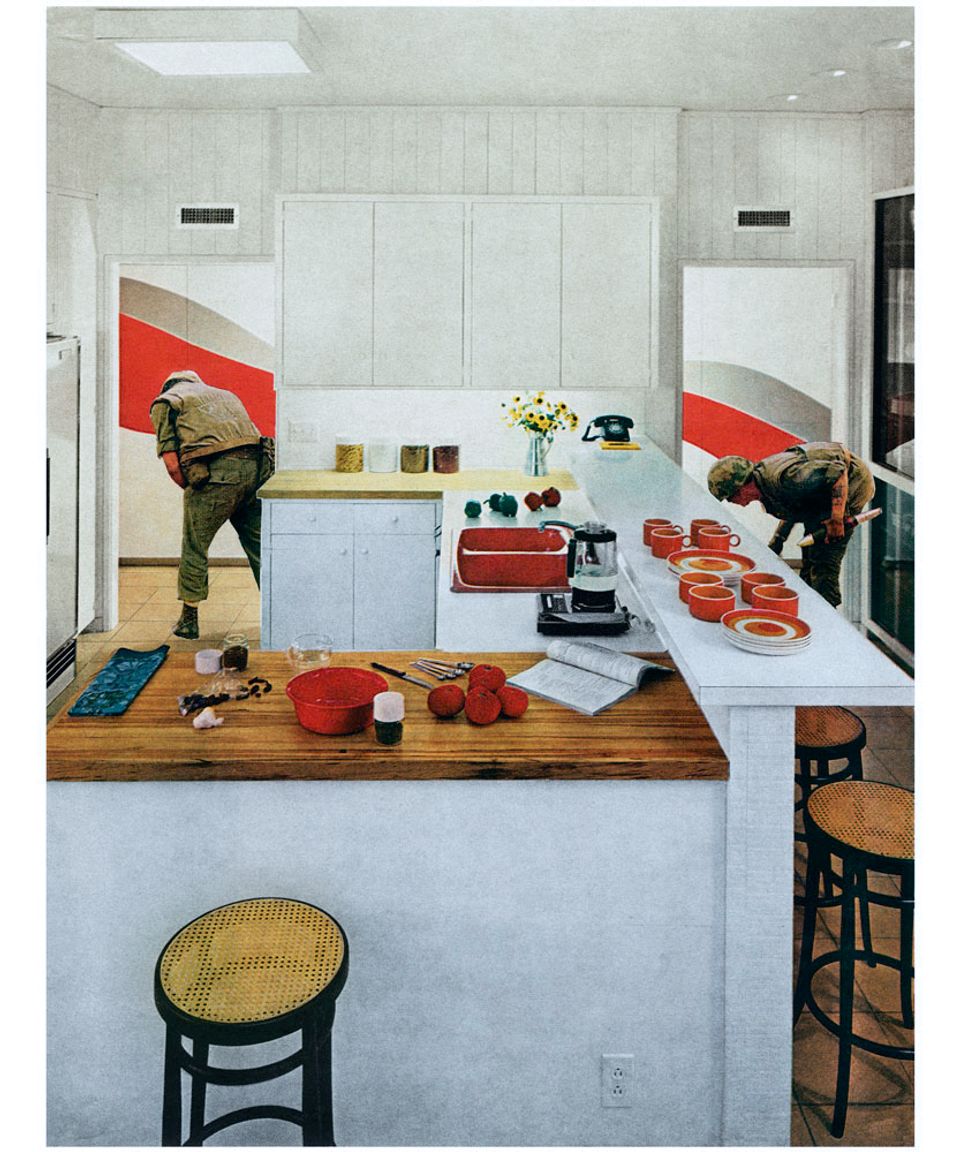Martha Rosler
- Biography
“The ‘normal’ is neither so familiar nor so reliable as we like to assume.”
–– Martha Rosler, 2017
Martha Rosler is a feminist artist and author whose practice centers on the social and political dynamics of the public realm, traversing mediums ranging from photography to video to sculpture, billboards, and other public projects.
Rosler was attuned to social and political issues from a young age, first participating in civil rights and antinuclear protests as a teenager. In 1965, she graduated from Brooklyn College, where she earned a degree in English, pursued abstract painting, and began taking photographs. In 1968, she moved to San Diego, and, in 1974, she received an MFA from the University of California, San Diego (UCSD). There, Rosler became involved with the Women’s Liberation Front, antiwar groups, and a cohort of photographers exploring relations between art and politics.
In the mid-1960s, first in New York City and then in San Diego, Rosler began making photomontages. In an early series titled Body Beautiful, or Beauty Knows No Pain (c. 1966–72), Rosler critiqued popular stereotypical images of women, cutting out their pictures from magazines and subversively fragmenting and rearranging them. She adapted this method to her antiwar work in the series House Beautiful: Bringing the War Home (c. 1967–72), collapsing the distance between warfront and homefront— stereotypically, masculine and feminine—by joining images of the war in Vietnam with images from “lifestyle” magazines. Conceiving of these works as “antiwar agitation,” Rosler initially photocopied them for distribution during protests.
During the 1970s, as a self-defined conceptual artist, Rosler also worked in performance, installation, photography, and sculpture, as well as with postcards consisting exclusively of type-written texts, telling stories of women's lives in relation to food and food service. These projects further mined relations between private and public life, the construction of gender roles, the politics of labor, and the complexities of consumerism. In a recurring project first realized in 1973, Rosler has held garage sales in museum venues to highlight women's liminal status inside and outside the household economy as well as the vastly different systems of value within and outside the art world. Rosler’s growing engagement with the politics of food and its complicated relation to gender and social status was reflected in an array of media, including her first forays into the nascent medium of video, such as Semiotics of the Kitchen (1975). Subsequent videos, in performance or documentary mode, addressed a wide range of subjects, including identity and the State, Chinese wok cookery, urban life, torture, disinformation, communication and advertising in a globalizing world, the politics of housing in South Africa, and the cabinet in the first Trump White House.
In 1980, Rosler returned to New York City and began a thirty-year teaching career, primarily at Rutgers University in New Jersey but also at Germany's Städelschule and other institutions. She also lectured at hundreds of schools and universities on several continents. Around this time, Rosler increasingly turned to public space as a site of her artistic activity. She made photographic series dedicated to subways, airports, and roads and has also shared her books in a traveling library that touched down in eight sites across the US and Europe, fostering related local projects and readings. In a 1989 project in New York, Rosler began her ongoing work with the unhoused and with activists, artists, advocates, and urbanists in exhibitions and forums on homelessness, gentrification, and the built environment; these undertakings have spanned numerous cities in the US and Europe, including Rome in 2024. She has also published two books on artists and gentrification. During the United States’ invasions of Iraq and Afghanistan in the 2000s, Rosler reinstituted her antiwar photomontage series of the 1960s.
Across her multifaceted creative practice and prolific writings, Rosler has remained dedicated to art as a force for social change, prompting viewers to look anew at everyday situations by excavating their underlying power structures. Through acts of “unsettling,” Rosler helps us “reconsider ‘things as they are’ and come to see that change is possible.”
Katherine Markoski, American Women’s History Initiative Writer and Editor, 2024.
















